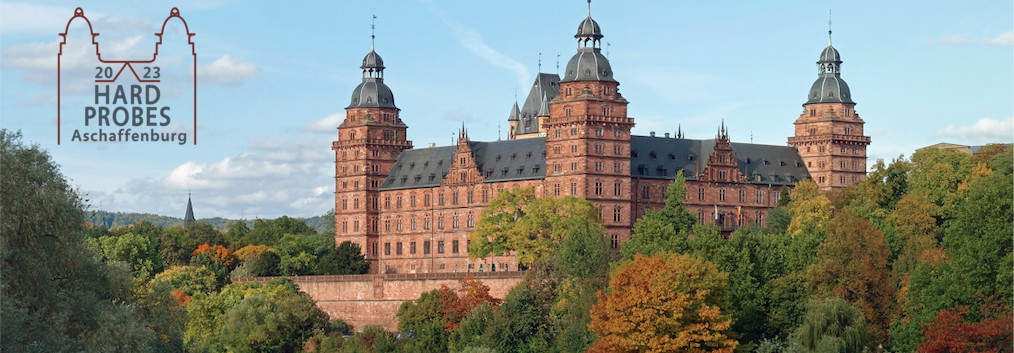Sprecher
Beschreibung
In early stage of high energy nuclear collisions, the Lorentz contracted colliding nuclei nuclei fly near the light cone, with large-x partons acting as static sources of small-x modes that constitute the Color-Glass Condensate (CGC) fields. By interacting CGC fields, the chromoelectric and chromomagnetic fields are formed, they are the glasma fields. The glasma fields serve as initial condition for the evolution of classical gluon field at early stage which can be studied by Classical Yang-Mills equations. Noteworthily, in non-central collisions at early stage, the strong but short lived magnetic field is generated. Thus, interests of researchers have been triggered toward QCD matter with such extreme background.
As is known, photon is one of the most important probes in high energy nuclear collisions, and all its sources experience such intensive magnetic environment. In this talk, we are going to present our results of event-by-event study through 2+1D glasma simulations for mid-rapidity in overlap region of the two colliding nuclei. The photon can emit through gluon fusion or/and splitting in magnetic field. By including an IR regulator for the gluons, we'll show the non-trivial behavior of the photons' collective flows as well as the improvements ($v_2$ especially) on parton-hadronstring dynamics (PHSD) computations when comparing to the experiment measurements.
Affiliation
Central China Normal University
| Experiment/Theory | Theory/Phenomenology |
|---|
